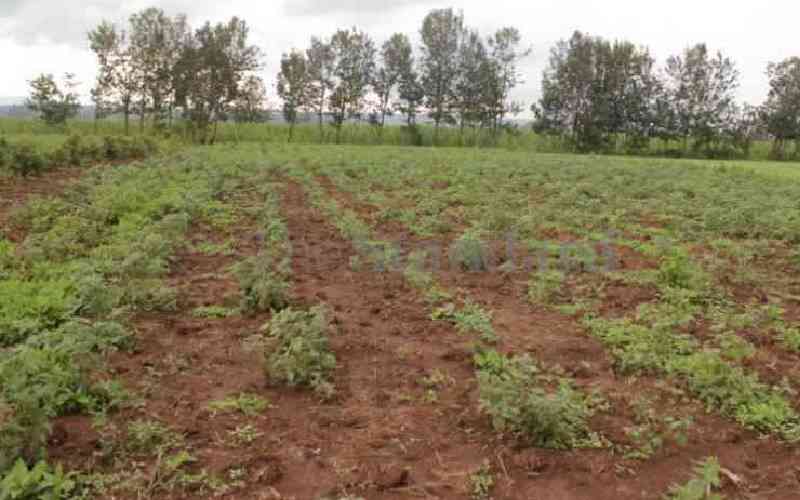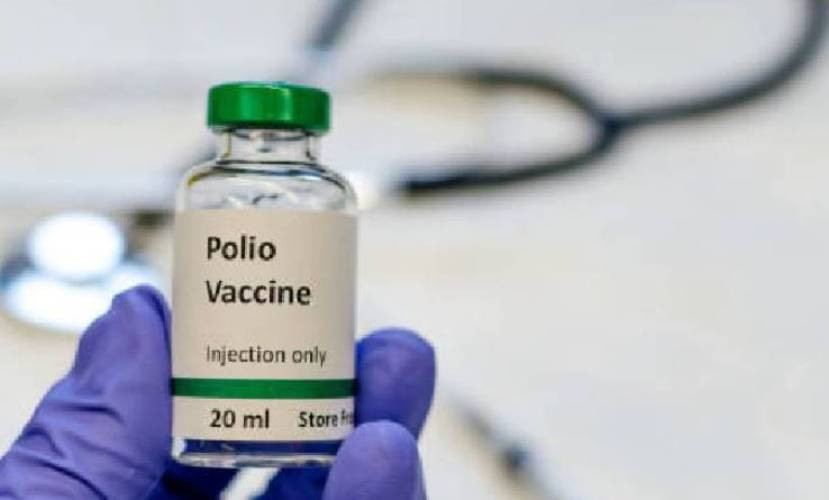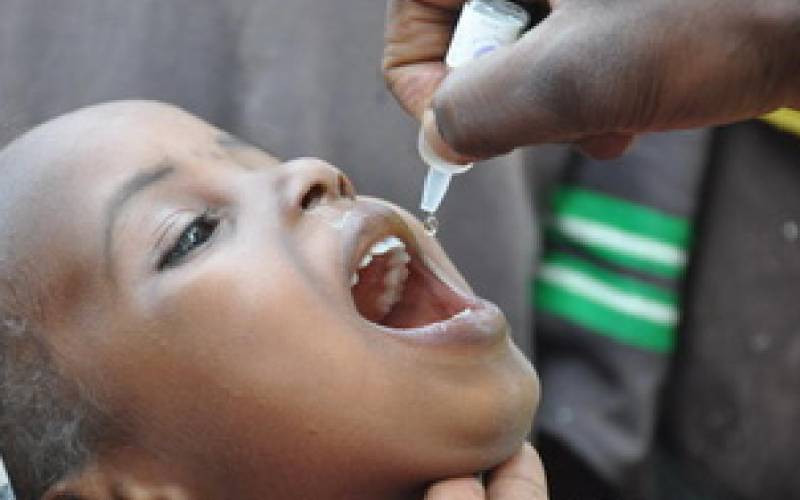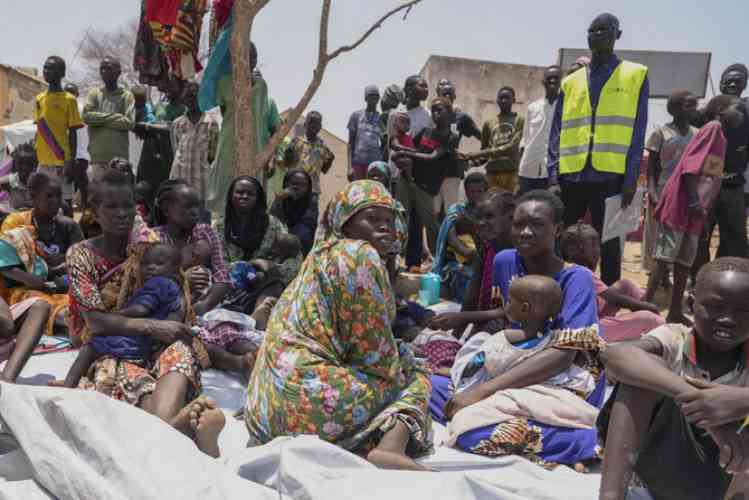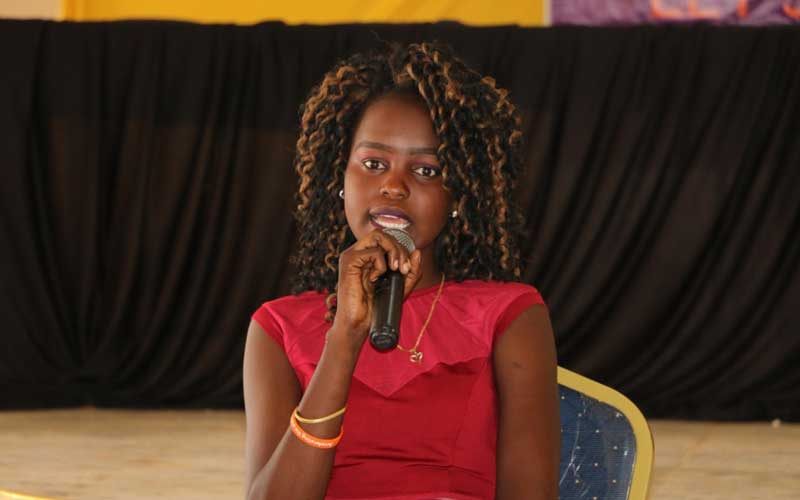
At 19-years-old, Priscilla Nyamal (pictured), an activist, has survived child marriage and is now living in Kakuma refugee camp. She, together with her step-family, fled the chilling South Sudan conflict in 2014 and found refuge at the camp, some 600 kilometres away.
The once fairly well-endowed family found it hard coping with the sore vagaries of living in a refugee camp. They had left all their possessions back home.
To ease the economic burden, Priscilla’s step-mother planned to marry her off at 14 to a 42-year-old man. Priscilla declined the arrangement and fled from home.
She went into hiding at a friend’s house for a month. All this while, she missed school fearing that she would be abducted as she journeyed to or from her classes.
Her would-be husband gave up the chase, furiously collected the dowry and left seething with rage.
Fired by her thirst to continue with her education, Priscilla returned home and begged her step-mother to let her back in. Her pleas for forgiveness come to nothing and she was chased away.
Priscilla’s experience mirrors that of many teenagers at the camp. They are thrust into the hardship of abject poverty, living in cramped spaces and shuttered dreams. Now, their situation is exacerbated by the Covid-19 pandemic that is imperilling all and sundry.
Settlements at the camp are synonymous with weak public health and sanitation infrastructure that put its inhabitants on a collision course with the highly-contagious virus.
Even as the government and aid agencies continue to respond to the virus threat, the pandemic poses a dire threat at the camps. Women and adolescent girls, like Priscilla, face amplified risks of gender-based violence occasioned by the economic hardship and containment measures to stop the spread of the virus.
A recent safety audit at Kakuma and Kalobeyei camps by the International Rescue Committee (IRC) showed how teenage pregnancy was prevalent due to the pandemic.
IRC data showed that teen pregnancies at the Kakuma camp tripled from 23 in January to 62 cases by July.
"Most of the girls’ needs are not met due to the economic strain caused by Covid-19, which has forced school going girls and young girls to relate with men who can provide them with basic needs," observes Gladys Muiga, who participated in the audit. "They too source for money that can help their families," she added, alluding to sexual exploitation of the girls.
Gladys attributed the increased cases of child marriages in Kakuma to cultures that see women as a source of wealth for the family. The biting economic crisis that Covid-19 has created is seen as a plausible reason for parents to marry off their girls for bride price.
"Most of my peers have resorted to friendships as a way to weather loneliness. Some get into intimate relationships," said Priscilla Nyamal in telephone interview.
Stay informed. Subscribe to our newsletter
Priscilla, also a Cabinet Secretary (Gender) in the Kakuma Youth Parliament, said the prolonged call to stay at home is making both girls and boys idle hence they indulge in risky behaviour.
Some parents, according to Priscila, are marrying off their girls "as way of protection" before they become pregnant.
The teenager, who shared her story at last year’s International Conference on Population and Development (ICPD25) adds that issues around teen pregnancy have dominated their virtual bi-monthly parliamentary meetings.
"I can now speak freely without fear of stigma, before I feared. My culture often muzzles women, but I am more empowered. My community is slowly appreciating my stance and effort, " she says of life after ICPD25, adding that it has renewed her commitment to ensure zero violence against girls and women at the camp.
Considered a role model, she now mentors about 25 girls. They sensitise households on the need for educating girls.
She, however, fears that her effort could be derailed by the on-going Covid-19 pandemic.
"The pandemic is posing a great risk to girls and is almost washing away all our gains," she lamented.
"For example, restricted mobility due to Covid-19 stay-at-home measures impacted on access to essential health services as well as protection and response services for survivors of gender-based violence," she added.
She suggests that agencies offering help should first support their basic needs through provision of dignity kits.
The Kakuma Youth Parliament members are working with agencies, including the United Nations Population Fund (UNFPA) to provide services in prevention and response to gender based violence and reproductive health challenges, especially for young people.
The agencies come in to ensure that existing policies are effectively implemented to cushion young people and reduce vulnerabilities attendant to Covid-19.
UNFPA Kenya says it is focusing on training service providers and strengthening institutions to ensure that they have the capacity to provide youth-tailored services, especially during the pandemic.
"Besides training, together with our partners, we provide safe spaces to be used by young people, distribute dignity kits and offer psychosocial support on how they can manage their lives better," said John Wafula, a humanitarian specialist at UNFPA Kenya.
Partnering with agencies like the Kenya Red Cross Society and the International Rescue Committee, UNFPA is working in Kakuma and Kalobeyei to provide life skills activities, psychosocial and counselling services to promote safety and empowerment through knowledge and skills acquisition.
The agency, in collaboration the Olympic Refuge Foundation and UNHCR, are about to commission a "sport for protection project" as a platform to expand young peoples’ opportunities for social inclusion, cohesion and psychosocial well-being.
"The agency of young people is integral to re-imagining the transformation brought about by the pandemic to unveil opportunity and revitalise society away from the despair and damaging chorus of doom and gloom. This years’ World Humanitarian Day embodies a unique hope that connects all of us to our dreams in a post-Covid-19 dispensation," said the UNFPA Kenya representative Dr. Ademola Olajide.
 The Standard Group Plc is a
multi-media organization with investments in media platforms spanning newspaper
print operations, television, radio broadcasting, digital and online services. The
Standard Group is recognized as a leading multi-media house in Kenya with a key
influence in matters of national and international interest.
The Standard Group Plc is a
multi-media organization with investments in media platforms spanning newspaper
print operations, television, radio broadcasting, digital and online services. The
Standard Group is recognized as a leading multi-media house in Kenya with a key
influence in matters of national and international interest.
 The Standard Group Plc is a
multi-media organization with investments in media platforms spanning newspaper
print operations, television, radio broadcasting, digital and online services. The
Standard Group is recognized as a leading multi-media house in Kenya with a key
influence in matters of national and international interest.
The Standard Group Plc is a
multi-media organization with investments in media platforms spanning newspaper
print operations, television, radio broadcasting, digital and online services. The
Standard Group is recognized as a leading multi-media house in Kenya with a key
influence in matters of national and international interest.


